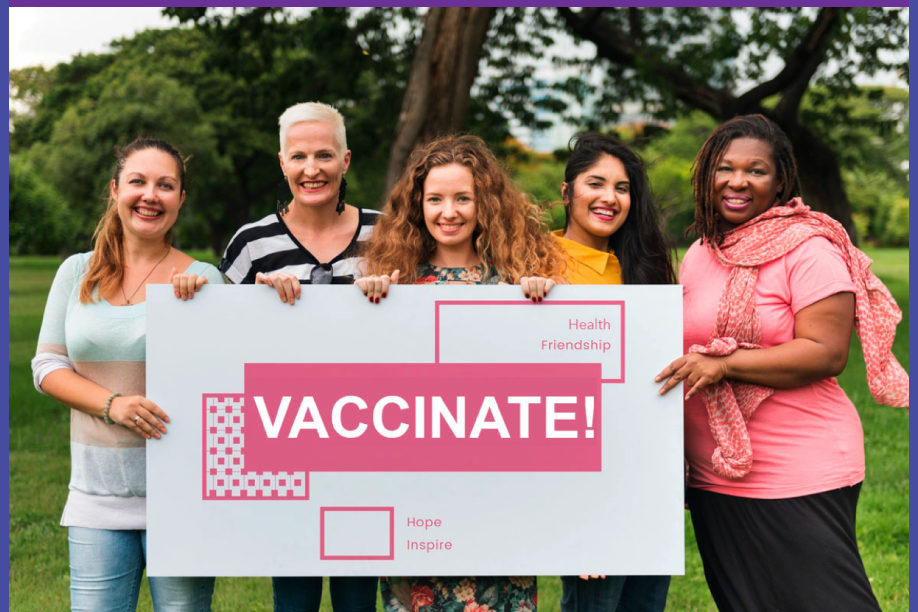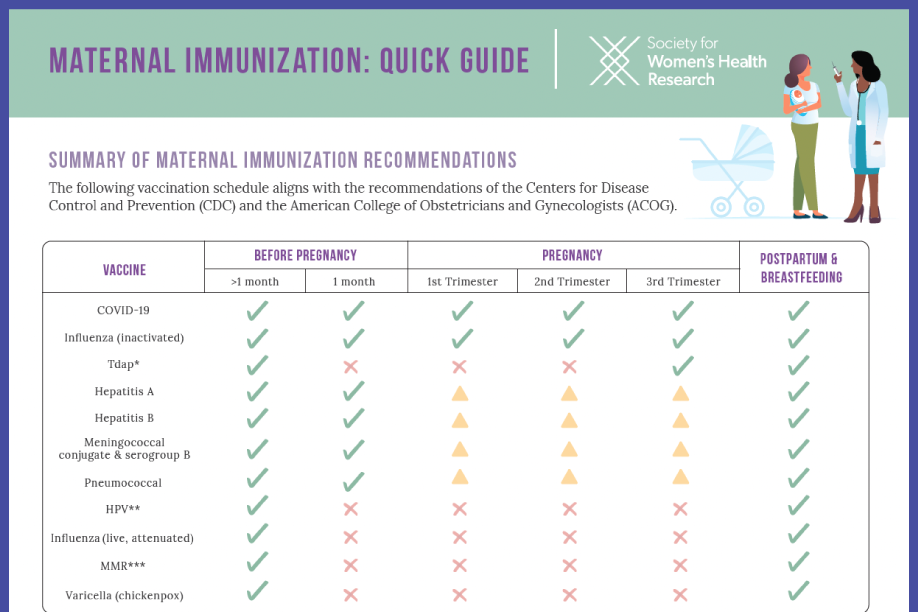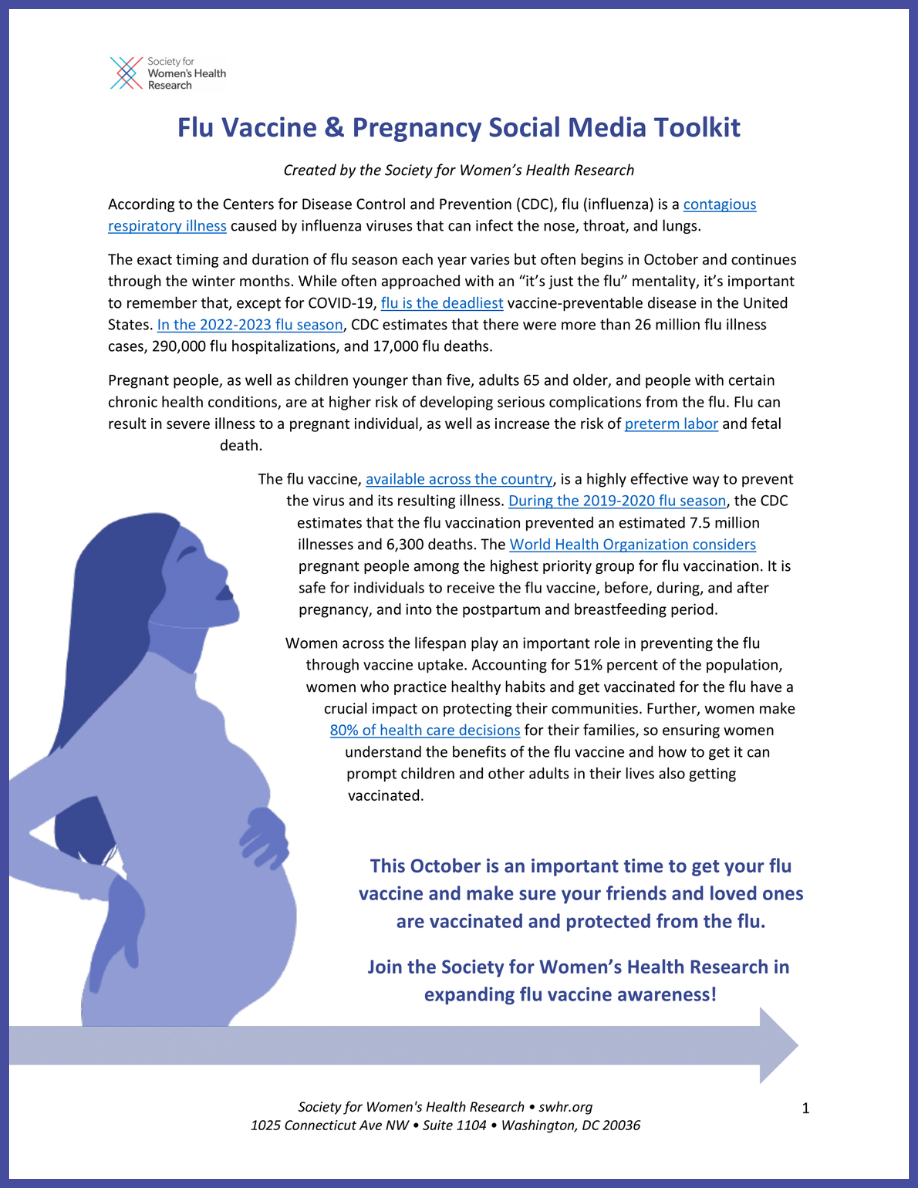Vaccines are instrumental public health tools to prevent the spread of infectious diseases, and their resulting illness, hospitalization, disability, and even death. The Centers for Disease Control and Prevention (CDC) reports indicate that adult vaccination rates in the United States remain low for many of the recommended routine vaccines, including influenza, pneumococcal, and tetanus. Similar disparities exist for herpes zoster and tetanus vaccines. Immunization rates exhibit disparities across geographic regions, racial/ethnic populations, and age groups.
According to the U.S. Department of Labor, women make approximately 80% of the health care decisions in their households. Therefore, as caregivers, women are in a unique position to ensure their loved ones receive the appropriate vaccines over the course of their lives. It is imperative that they have science-based and culturally relevant information to make informed decisions to optimize their family’s health.
Vaccines are part of the SWHR Infectious Diseases Network, which engages the following focus areas: HPV & Related Diseases and Vaccines.












